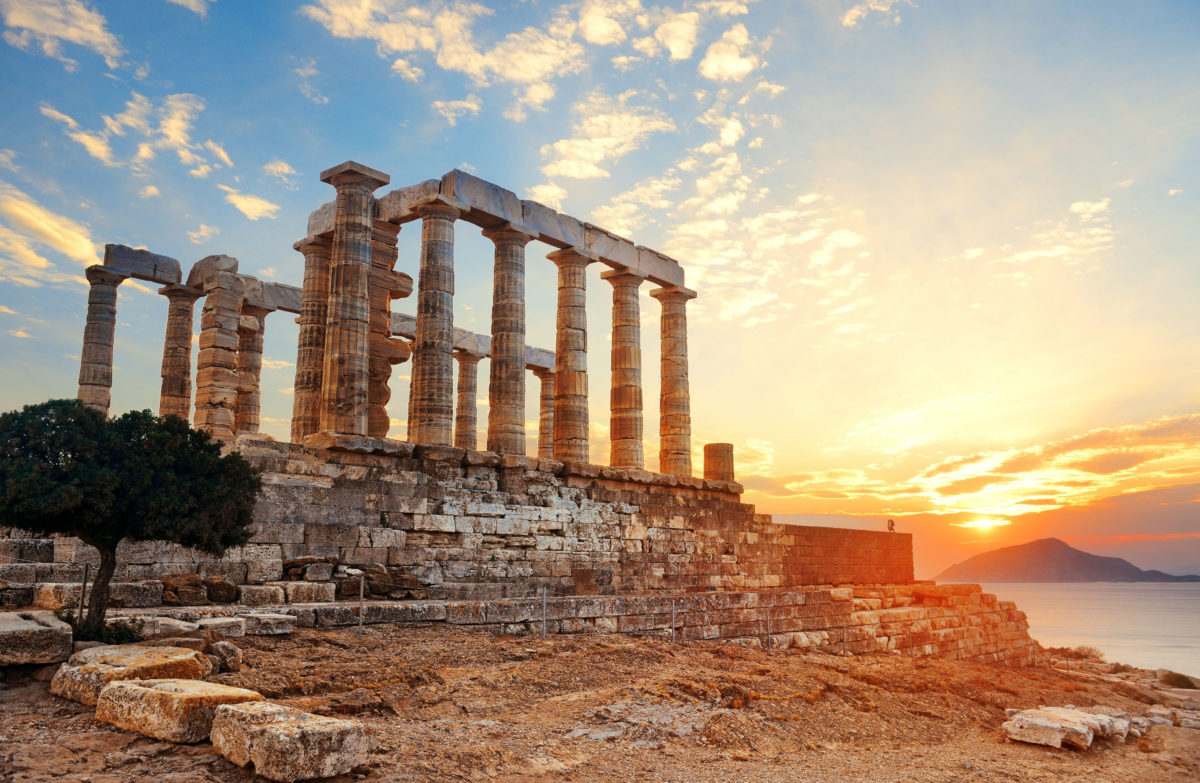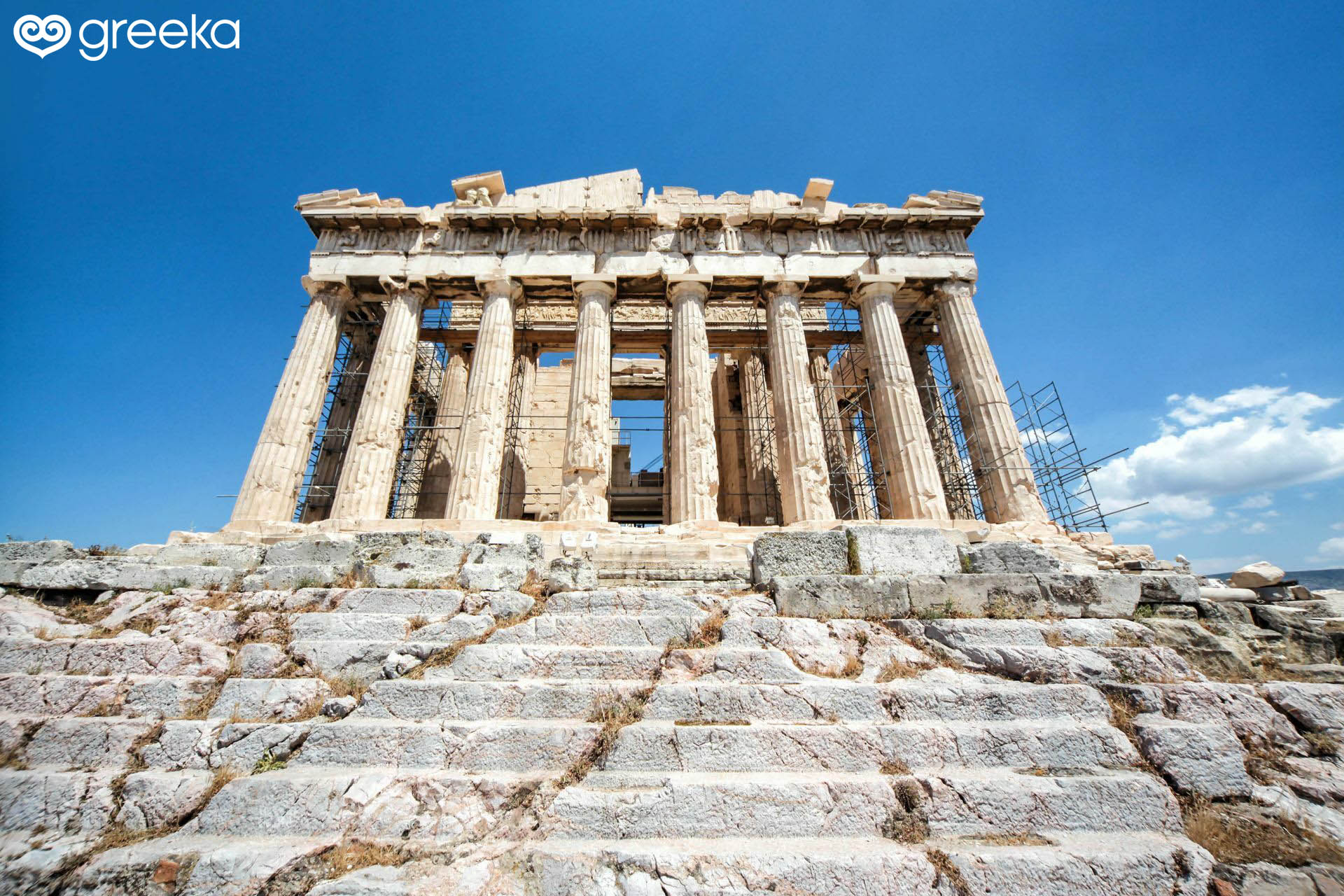Unveiling the Beauty and History of Greece: A Comprehensive Guide to its Geography
Related Articles: Unveiling the Beauty and History of Greece: A Comprehensive Guide to its Geography
Introduction
With enthusiasm, let’s navigate through the intriguing topic related to Unveiling the Beauty and History of Greece: A Comprehensive Guide to its Geography. Let’s weave interesting information and offer fresh perspectives to the readers.
Table of Content
Unveiling the Beauty and History of Greece: A Comprehensive Guide to its Geography

Greece, a nation steeped in history and renowned for its stunning natural beauty, captivates the imagination of travelers and scholars alike. Understanding its geography is essential to appreciating the diverse landscape, rich cultural heritage, and captivating history that make Greece such a unique and compelling destination.
A Geographical Overview: Delving into the Islands and Mainland
Greece, located in southeastern Europe, is characterized by its intricate coastline, encompassing both a mainland and a vast archipelago of islands. The mainland, known as the Peloponnese, is a peninsula separated from the rest of Greece by the narrow Isthmus of Corinth.
The Aegean Sea, a vast body of water, cradles the numerous islands that dot the Greek landscape. These islands, grouped into the Aegean, Ionian, and Cretan archipelagos, offer a diverse range of experiences, from the cosmopolitan allure of Mykonos and Santorini to the tranquil charm of smaller, less-visited islands like Paxos and Ikaria.
Navigating the Map: A Guide to Key Geographic Features
A map of Greece reveals a tapestry of distinct geographical features that contribute to its unique character:
- The Peloponnese: This triangular peninsula, connected to the mainland by the Isthmus of Corinth, is home to ancient cities like Olympia, Mycenae, and Sparta. Its diverse terrain, ranging from fertile plains to rugged mountains, has shaped its history and culture.
- The Aegean Islands: These islands, scattered across the Aegean Sea, offer a glimpse into the diverse landscape and history of Greece. They are broadly categorized as the Cyclades, Dodecanese, and Sporades, each with its unique charm and attractions.
- The Ionian Islands: Situated off the western coast of Greece, these islands are known for their lush vegetation, turquoise waters, and Venetian heritage. Corfu, Kefalonia, and Zakynthos are some of the most popular destinations in the Ionian Sea.
- The Cretan Sea: This body of water, separating Crete from the mainland, is renowned for its deep blue waters and picturesque coastline. Crete, the largest Greek island, boasts a rich history and diverse landscape, ranging from snow-capped mountains to fertile plains.
- The Pindus Mountains: This mountain range, running through the western mainland, is a defining feature of the Greek landscape. Its rugged peaks, verdant valleys, and dramatic canyons offer breathtaking views and opportunities for outdoor adventures.
Understanding the Importance of Geographic Features
Greece’s geography has played a pivotal role in shaping its history, culture, and economy:
- Maritime Trade: The extensive coastline and numerous islands have facilitated maritime trade since ancient times, connecting Greece with other civilizations and fostering cultural exchange.
- Strategic Location: Greece’s strategic location at the crossroads of Europe, Asia, and Africa has made it a crossroads of cultures and a battleground for empires throughout history.
- Natural Resources: Greece’s diverse landscape, including fertile plains, mineral deposits, and abundant marine resources, has supported its economy and provided sustenance for its people.
- Tourism: Greece’s stunning natural beauty, rich history, and vibrant culture attract millions of tourists annually, making tourism a significant contributor to its economy.
Exploring Greece: A Journey Through Diverse Landscapes
A map of Greece serves as a guide to the diverse landscapes and experiences that await travelers:
- Ancient Ruins and Historical Sites: From the Acropolis in Athens to the ruins of Delphi and Olympia, Greece offers a glimpse into its rich and ancient past.
- Stunning Beaches: The Greek islands and coastline are renowned for their crystal-clear waters, pristine beaches, and picturesque coves.
- Mountainous Terrain: The Pindus Mountains offer opportunities for hiking, skiing, and exploring the natural beauty of Greece.
- Vibrant Cities: Athens, Thessaloniki, and Patras are bustling cities with a rich cultural heritage, offering a diverse range of attractions, from museums and theaters to bustling markets and vibrant nightlife.
- Island Hopping: Exploring the numerous islands of Greece is a quintessential experience, allowing travelers to discover the unique character of each island, from the cosmopolitan charm of Mykonos to the tranquil beauty of Santorini.
FAQs: Answering Common Questions about Greece’s Geography
Q: What is the largest island in Greece?
A: Crete is the largest island in Greece, known for its diverse landscape, rich history, and stunning beaches.
Q: What is the most popular island in Greece?
A: Santorini, renowned for its picturesque white-washed villages, dramatic cliffs, and stunning sunsets, is one of the most popular islands in Greece.
Q: What are the main mountain ranges in Greece?
A: The Pindus Mountains, running through the western mainland, are the most prominent mountain range in Greece. Other notable ranges include the Rhodope Mountains in the north and the Taygetus Mountains in the Peloponnese.
Q: What are the main bodies of water surrounding Greece?
A: The Aegean Sea, the Ionian Sea, and the Mediterranean Sea surround Greece.
Q: What are the main cities in Greece?
A: Athens, the capital city, is the largest city in Greece. Other major cities include Thessaloniki, Patras, and Heraklion.
Tips for Exploring Greece’s Geography:
- Plan your itinerary: Consider the diverse landscapes and attractions of Greece when planning your trip.
- Embrace island hopping: Explore the unique character of each island by hopping between them.
- Venture beyond the popular destinations: Discover hidden gems and less-visited islands for a more authentic experience.
- Engage with local culture: Immerse yourself in the local culture by interacting with locals, trying traditional cuisine, and attending cultural events.
- Respect the environment: Be mindful of the environment and practice responsible tourism.
Conclusion: A Land of Beauty and History
A map of Greece is a visual representation of its diverse landscapes, rich history, and vibrant culture. Understanding its geography is essential to appreciating the unique character of this captivating nation. From its ancient ruins and stunning beaches to its bustling cities and tranquil islands, Greece offers a wealth of experiences that will leave a lasting impression. Exploring its diverse landscapes and immersing oneself in its rich history and culture is an unforgettable journey.








Closure
Thus, we hope this article has provided valuable insights into Unveiling the Beauty and History of Greece: A Comprehensive Guide to its Geography. We thank you for taking the time to read this article. See you in our next article!